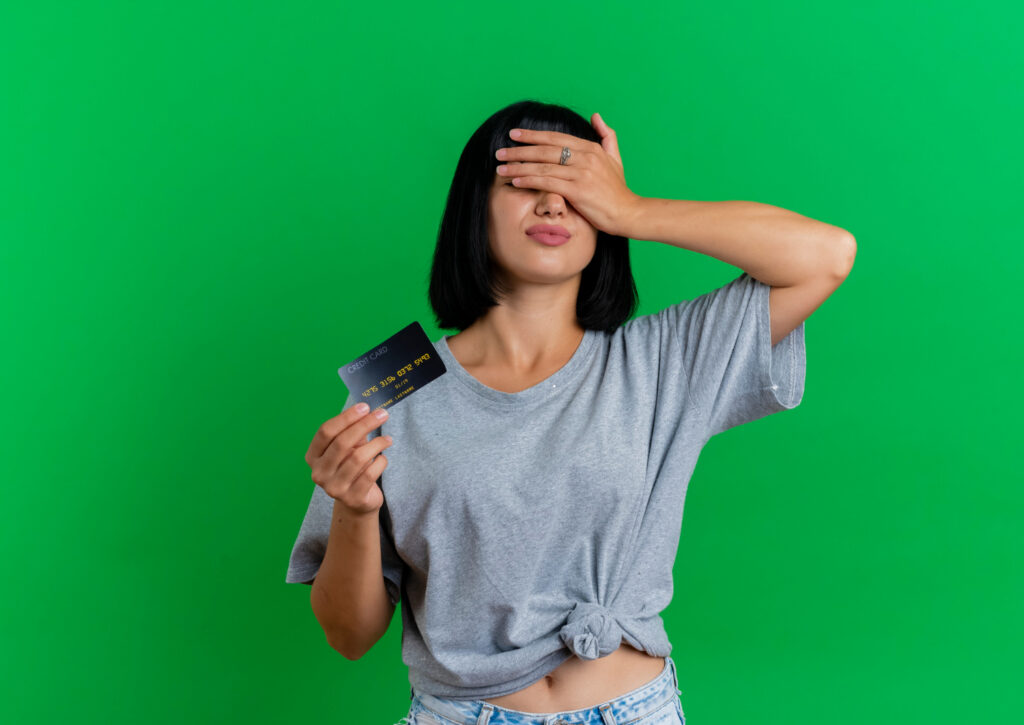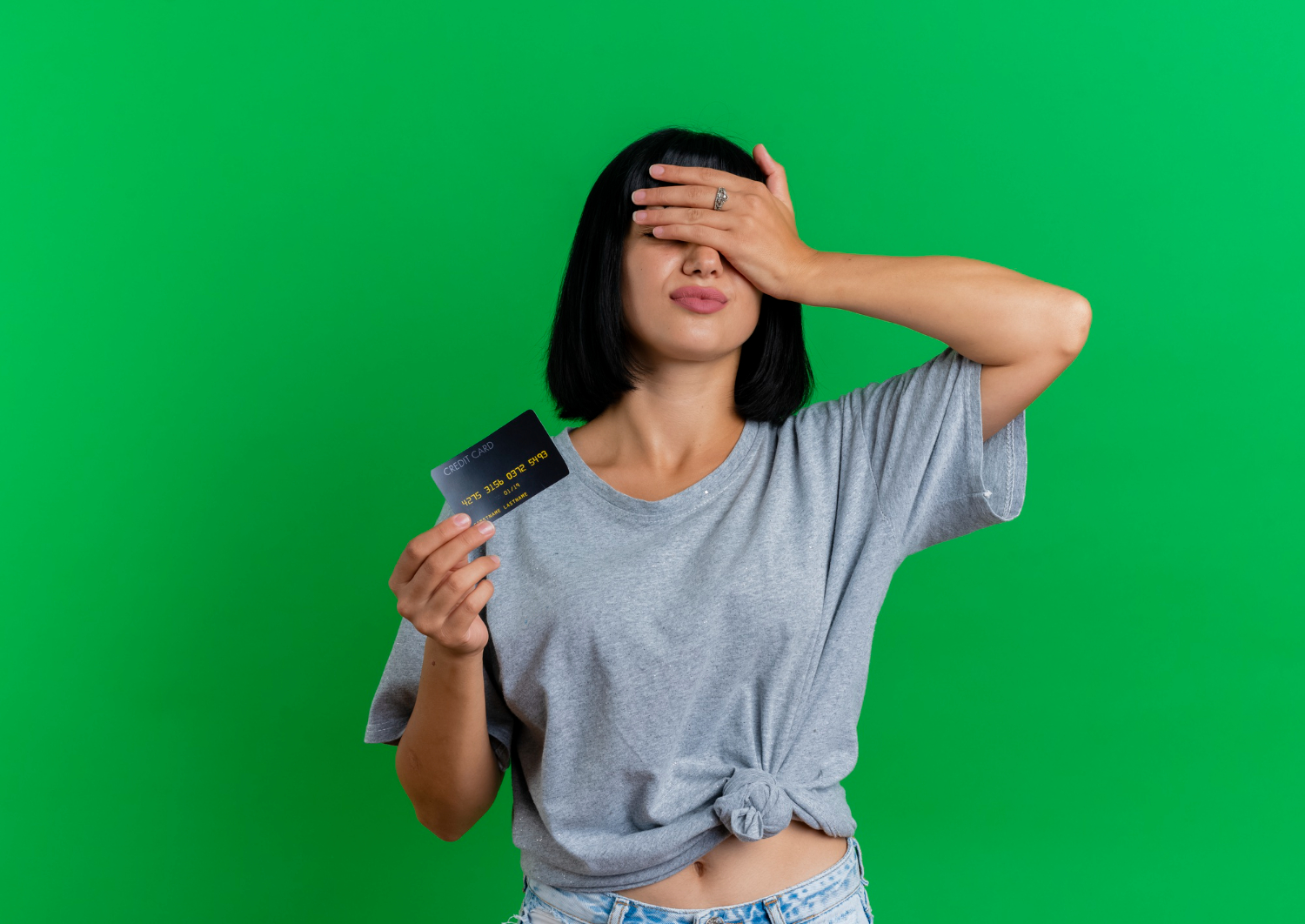Using a credit card is part of everyday life for a large portion of the population, as it’s a tool accepted almost everywhere.
Despite its advantages, uncontrolled credit card use can lead to serious financial problems.

Below are the main signs that it may be time to take a break from using credit.
You’re only making minimum payments
Are you only able to pay the minimum amount due each month? Keep in mind that credit card interest rates can exceed 25% annually.
Paying only the minimum is a major red flag, especially since the remaining balance can snowball quickly.
Your debt is growing even without major spending
Haven’t made any unusual purchases, yet your bill keeps increasing? This can happen when you’re only covering the interest.
Also, hidden fees like annual charges, late fees, and interest on cash advances can add up fast and quietly inflate your debt.
In this case, it’s best to stop using your card and look for options to pay off or renegotiate the balance.
You’re using your card to cover basic expenses
Has your credit card become the way you pay for essentials?
Using credit for daily needs might seem like a temporary fix, but it’s actually a clear sign your income no longer covers your basic expenses.
If you’re doing it to earn points or perks, that’s a different story—but it only works if you have a solid plan in place.
You’ve lost track of what you’ve charged
Ever looked at your credit card bill and thought, “How did I spend all this?”
If so, you may be using credit impulsively. The ease of just “swiping the card” can hide the true scale of your spending.
When this happens often, it’s a strong sign it’s time to pause, reassess your habits, and build a more mindful financial plan.
You’re constantly maxing out your credit limit
Keeping your credit card close to its limit all the time can hurt your credit score—the number used in the U.S. to assess your creditworthiness.
The higher your credit utilization ratio (how much of your available credit you’re using), the worse your score tends to be.
You’re using one card to pay off another
If you’ve started using a second card to pay the bill on the first one, you’re likely entering a dangerous cycle of debt.
It might feel like a “quick fix,” but it only delays the problem and increases your risk of default.
Your best move here is to stop using your cards entirely and consider alternatives like 0% balance transfer offers, lower-interest personal loans, or even speaking with a credit counselor.
Your debt is affecting your mental health
Money problems naturally lead to stress, anxiety, insomnia, and even depression.
If the mere thought of opening your credit card bill makes you feel anxious, it’s a clear sign that credit is affecting more than just your wallet.
In addition to stopping card use, you may need to seek professional mental health support.
You’re not getting any of the card’s benefits
Credit cards with rewards, cashback, or travel miles only make sense if you’re paying your bill in full each month.
If you’re paying interest, any benefits you earn are quickly outweighed by what you’re losing in fees.
Taking a break can help you reorganize your finances and eventually return to using credit in a smarter way.
What to do after you stop using your card
Stopping credit card use doesn’t mean you need to cancel it.
In fact, keeping the account open (even if unused) can help preserve your credit history.
Here are some tips to help you break the debt cycle:
- Create a realistic monthly budget.
- Prioritize high-interest debts.
- Look for ways to boost your income.
- Consider a lower-interest personal loan.
- Use tools like the debt snowball or debt avalanche method.
- Talk to a nonprofit credit counseling agency, such as the NFCC (National Foundation for Credit Counseling).

